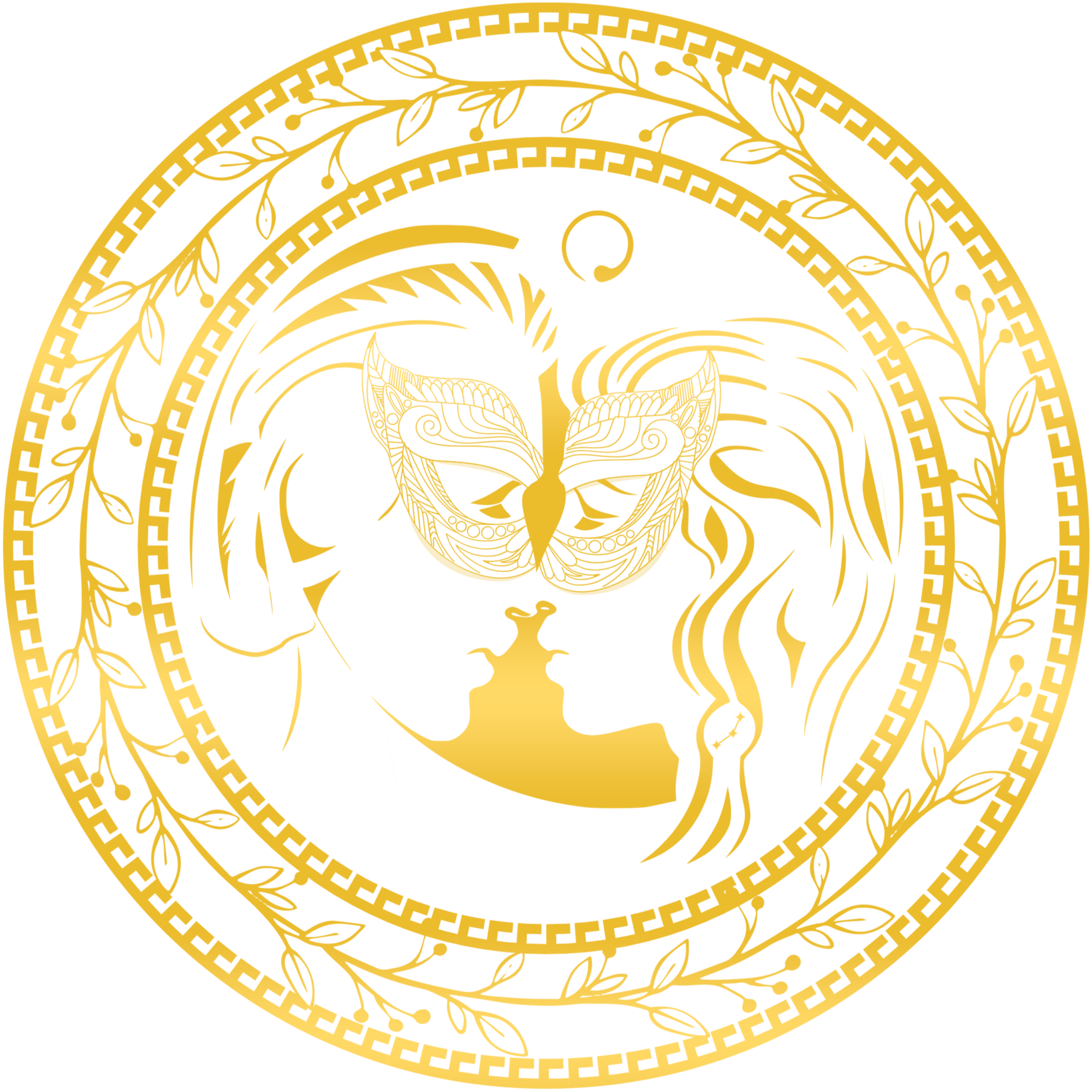
is cornstarch bad for your hair
Share
In the realm of DIY hair treatments, cornstarch has emerged as an unexpected ingredient. Known for its thickening properties in the culinary world, cornstarch is now being touted for its hair benefits. But can something from your kitchen pantry really be good for your hair? Let's delve into the cornstarch conundrum and find out if it's a hair care hero or a zero.
Understanding Cornstarch
Cornstarch is derived from the endosperm of the corn kernel and is often used as a thickening agent in cooking and baking. It's also found in many cosmetic products due to its oil-absorbing properties. When it comes to hair care, cornstarch is praised for its ability to absorb excess oil, add volume, and serve as a dry shampoo alternative.
Hair Mask Applications
One of the popular uses of cornstarch is as a hair mask. A cornstarch hair mask can be made by mixing it with other hair-friendly ingredients like coconut oil or eggs to create a smoothing and nourishing treatment. Users claim that such masks can leave hair soft and manageable.
Cornstarch Hair Benefits
by Ali Pazani (https://unsplash.com/@alipzn)
Cornstarch is said to offer several benefits when used in hair care. It's believed to:
- Absorb Oil: Ideal for those with an oily scalp, cornstarch can absorb excess sebum, reducing greasiness without stripping away essential moisture.
- Add Volume: By absorbing oil and separating hair strands, cornstarch can give the appearance of fuller, more voluminous hair.
- Act as a Dry Shampoo: When sprinkled onto the roots and brushed out, cornstarch can freshen hair between washes, much like a commercial dry shampoo.
Potential Drawbacks
While cornstarch can be beneficial, it's not without its downsides. Overuse can lead to:
- Buildup: Excessive application can cause buildup, making hair look dull and lifeless.
- Irritation: Some individuals might experience scalp irritation, especially if the cornstarch is not thoroughly rinsed out.
- Difficulty in Removal: Unlike commercial products, cornstarch may be harder to wash out, requiring extra effort during your shower routine.
Hair Treatment Precautions
It's important to approach DIY hair treatments with caution. If you're considering using cornstarch, start with a small amount to see how your hair reacts. Additionally, ensure you're not allergic to cornstarch by doing a patch test on your skin prior to applying it to your scalp.
Conclusion
Cornstarch is not inherently bad for your hair; it can be a cost-effective alternative to certain hair products when used correctly. However, it's not a one-size-fits-all remedy. Pay attention to how your hair and scalp respond to cornstarch treatments and use it in moderation to avoid any negative effects.
by Emily Sea (https://unsplash.com/@emilysea)
Whether you're looking to extend the time between washes, add some volume, or simply try a natural hair treatment, cornstarch could be a useful addition to your hair care routine. Just remember, as with any DIY beauty hack, individual results may vary, and moderation is key.


